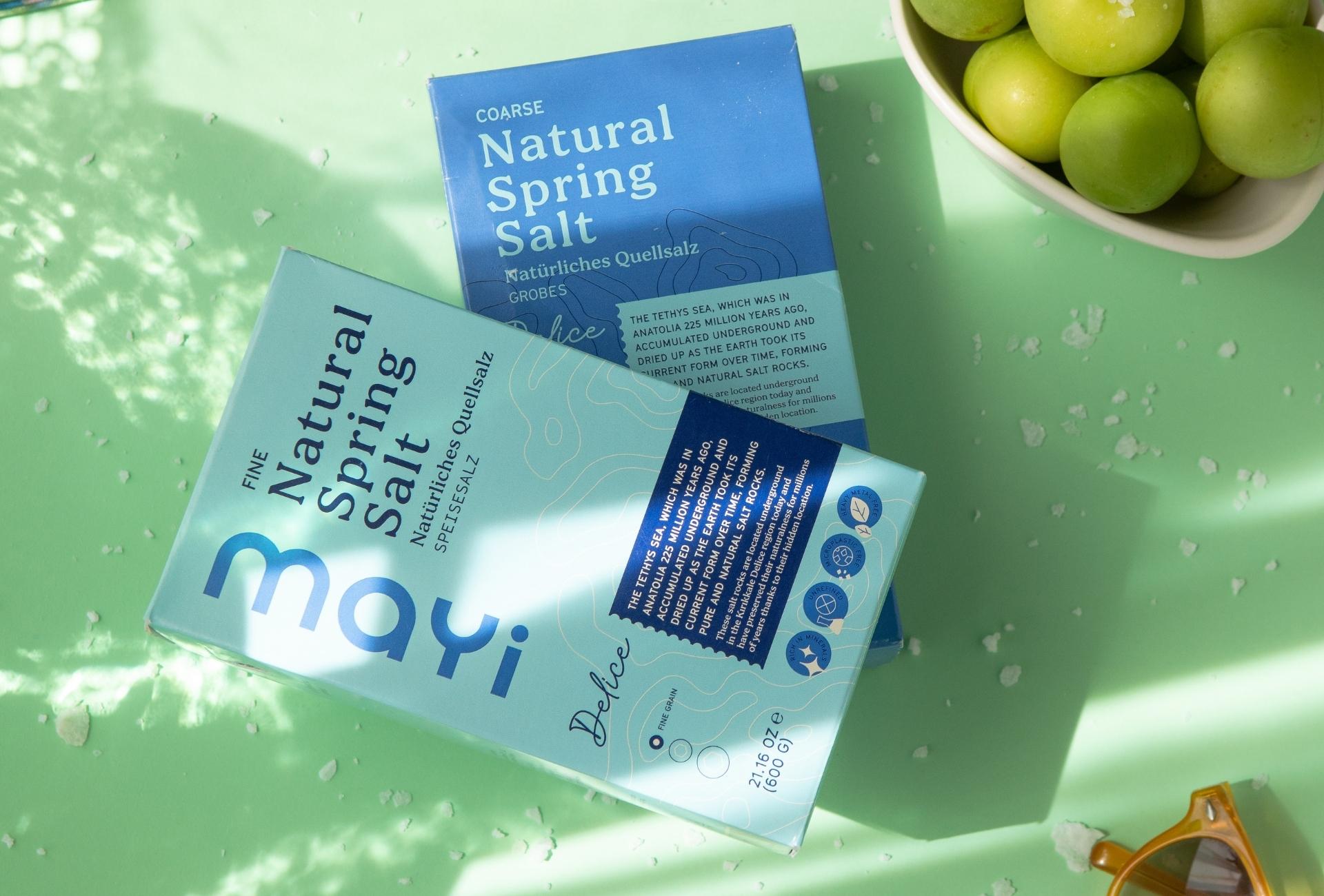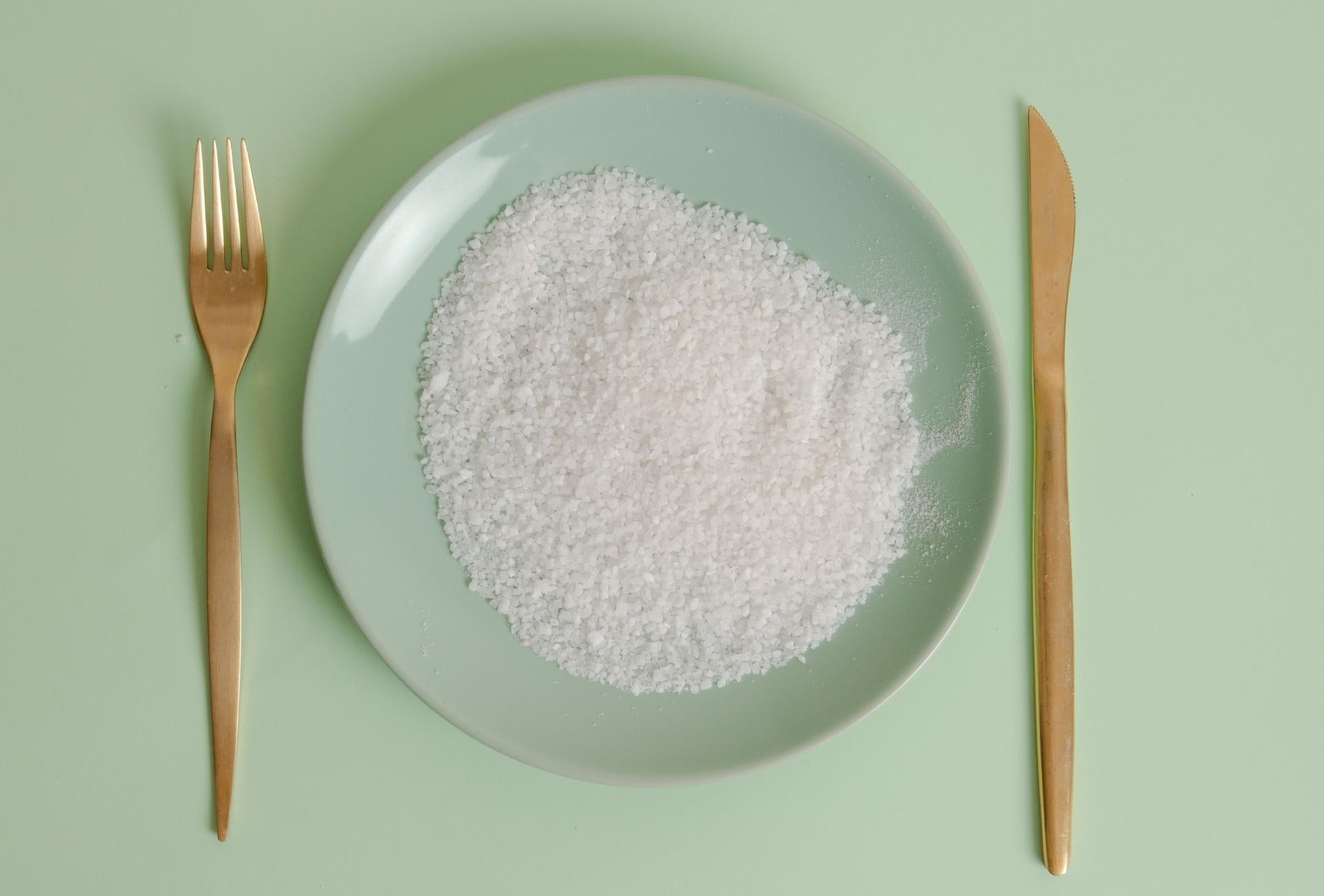What are the misconceptions about salt, which is considered one of the keys to a healthy life when consumed in sufficient amounts?
We cannot imagine our tables without it, yet most of the information we have about salt, one of the least understood food items, is based on non-scientific and frightening rumors.
FALSE: Salt disrupts the body's balance.
TRUE: Salt regulates the overall acid-alkaline balance in the body by reducing acid accumulation in cells. In other words, it helps balance the pH level in the body. Increased acid levels in the blood can lead to a compromised immune system, kidney disorders, and even diseases like Alzheimer's. Salt is an ideal source for balancing the pH level in the blood.
FALSE: Iodized salt is not significantly important for child and adult health.
TRUE: Iodine is an essential element for hormone production, as well as growth and development. Since the body cannot produce iodine on its own, it must be obtained from food sources. Iodine deficiency can lead to miscarriages and premature births in pregnant women, and intellectual disabilities, deafness, dwarfism, and various other illnesses in infants. Iodine deficiency is considered the leading cause of preventable intellectual disabilities and brain damage in the world. Research shows that 40 million children born each year are at risk of mental retardation due to insufficient iodine in their mothers' diets. It is recommended to use iodized table salt as an iodine source in meals to address this deficiency.
FALSE: External consumption of salt is not necessary. We can get the required salt from other foods.
TRUE: Medical authorities state that the body's every need should be met from the actual source. Just as the calcium and protein obtained from meat and dairy products cannot be replaced by something else, or coffee and tea cannot replace water, the minerals obtained from salt cannot be obtained from any other food.
FALSE: Salt is a food that should be consumed in small amounts.
TRUE: According to the PURE study conducted in 18 countries, including Turkey, and published in the prestigious medical journal, the New England Journal Of Medicine, consuming too little salt leads to some health risks. Consuming less than 3 grams of salt per day increases the risk of death from heart and vascular diseases.
FALSE: Eliminate salt from your diet for a better sleep routine.
TRUE: Salt helps maintain the body's hydration level, and as a result, it has positive effects on sleep quality. Salt also enhances the release of serotonin and melatonin hormones, which combat stress, leading to a sense of calm during the day and a deeper and more restful sleep at night.
FALSE: Consuming more than 5 grams of salt daily is detrimental to health.
TRUE: Everyone's metabolism rate is different, and consequently, the rate at which individuals sweat and lose salt varies. For example, the amount of salt a person working out at the gym loses through sweating is not the same as someone working at a desk job. Therefore, the daily salt requirement for each individual varies depending on their lifestyle.




